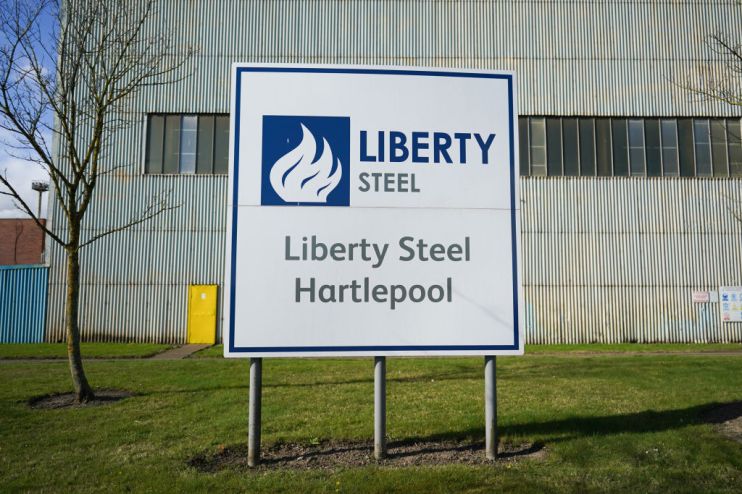Liz Truss must keep import tariffs on steel – or risk losing the industry in the UK for good

In decades past, import tariffs were regarded as nothing but a protectionist relic of resistance to free trade. But in recent years, those of us who believe in fair competition have had to learn that tariffs are an essential safeguard in a global trading system where some countries will not play by the rules.
The tariffs and other trade remedies are permitted by the World Trade Organisation to prevent the flooding of markets with cheap imports which have been subsidised well below cost price, a practice known as dumping.
The dumping of cheap steel, mostly from China, has been the cause of severe problems in the UK steel industry in recent years, drastically reducing demand for Britain’s product. Since 2010, the UK has experienced the third largest fall in steel production of any European country – twenty times greater than the average fall amongst our European neighbours.
That has nothing to do with the quality of our steelworks, their employees or their product, but everything to do with unfair competition. In Redcar, the steelworks and its cutting edge Carbon Capture and Storage technology closed down in 2015 after David Cameron’s government refused to use trade remedies to prevent the import of cheap steel from China.
Liberty Steel is a world leader in environmentally friendly ‘green steel’, but – again no thanks to David Cameron and his friends at Greensill Capital – it now risks going under, putting around 6,000 jobs at risk in places like Hartlepool, Scunthorpe, Rotherham and Newport.
The Covid-19 pandemic has posed serious challenges to an already struggling steel industry.
Repeated lockdowns have caused supply, demand and financial shocks, alongside a disruption to supply chains, travel restrictions and a slowdown in international trade.
After that disastrous end to a decade of sharp decline, the UK steel industry is facing a truly existential threat, and the one thing it absolutely must count on is the retention of existing import tariff safeguards.
Of the top ten largest markets for steel, only Japan and South Korea do not currently have some form of tariff or quota to protect their markets.
Analysis by UK Steel has shown that just 2% of global excess production capacity would be enough to replace all demand for UK made steel, putting thousands of jobs at risk.
Both the US and the EU have 25 per cent import tariffs on steel and the UK temporarily retained the 25 per cent tariff after the end of the Brexit transition period. If that tariff is not maintained for the foreseeable future, steel that is priced out of the US and EU markets is likely to be pushed towards the UK instead, with the threat that our homegrown production will be rapidly and completely over-run.
Steel producers across the UK are anticipating a decision next month on whether to maintain or remove the temporary import tariff safeguards which have been in place since we left the European Union; a decision that will fall squarely on the shoulders of International Trade Secretary Liz Truss.
Last week, I urged her colleague Ranil Jayawardena in the House of Commons to provide the UK steel industry with the leadership, certainty and stability it needs at this hugely worrying time by guaranteeing that the tariffs will be maintained.
He refused, preferring to wait for – or some would say, hide behind – the supposedly independent recommendations due to be made by the government’s Trade Remedies Investigations Directorate.
That is not good enough. In a world where other countries are quite happy to take political decisions to destroy our steel industry, we need our government to do what is necessary to protect it.
For companies at imminent risk of collapse, like Liberty Steel, the government must set out a major long-term plan to protect the viability of the UK steel industry.
But for the industry as a whole, the government must undo the neglect successive Conservative Prime Ministers have inflicted on steel, keep the tariffs in place, and safeguard our domestic market.
If they do not, we could soon find there is no British steel industry left to protect.